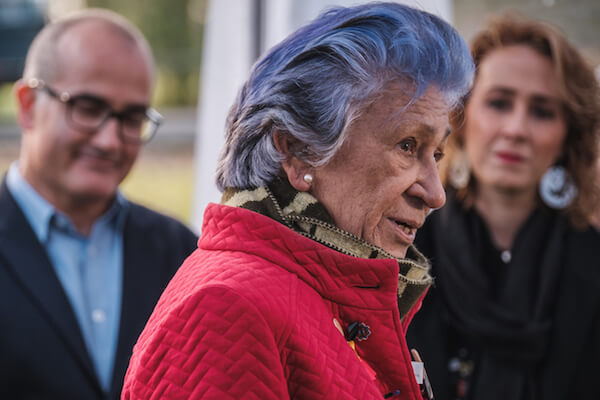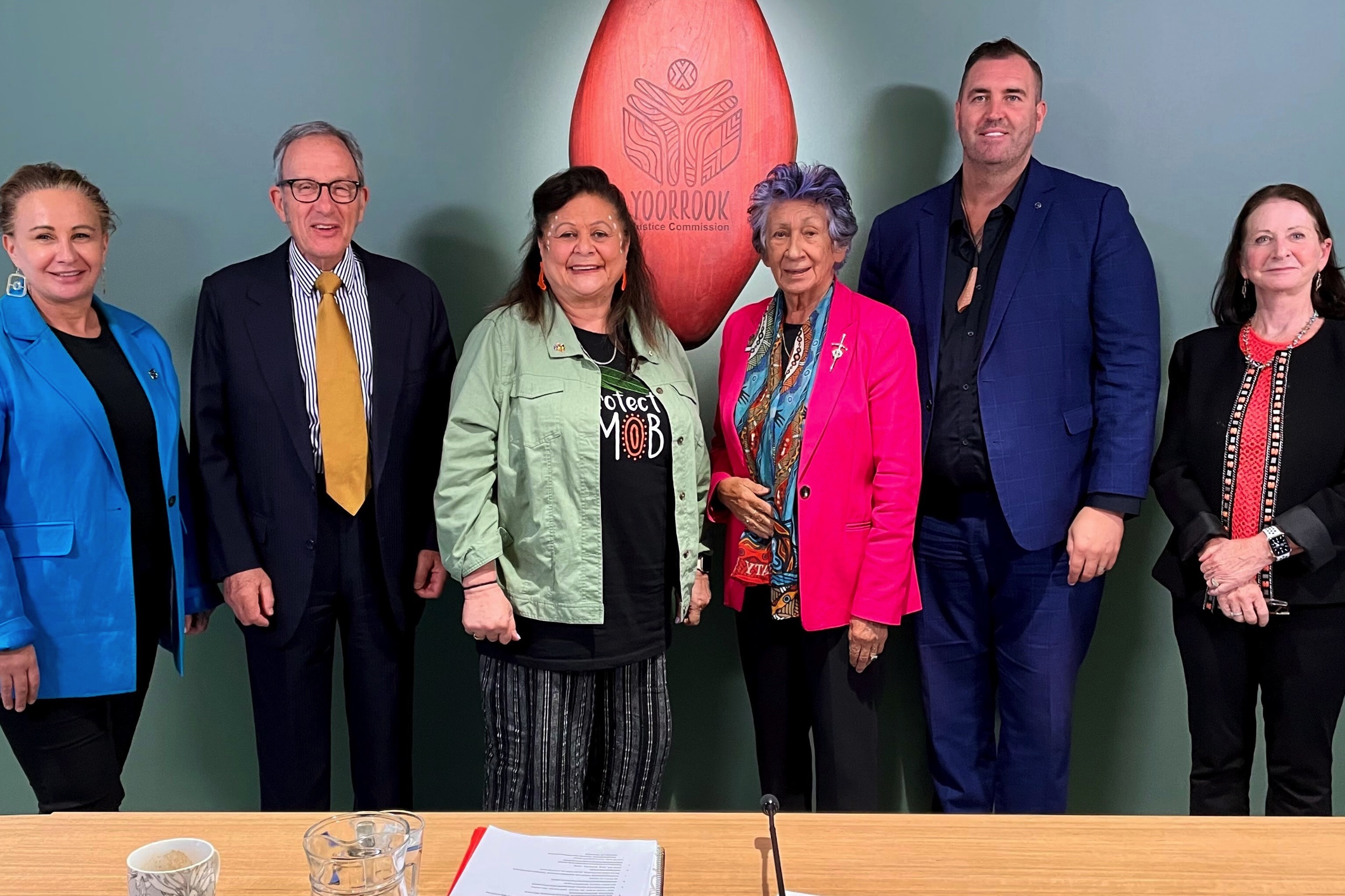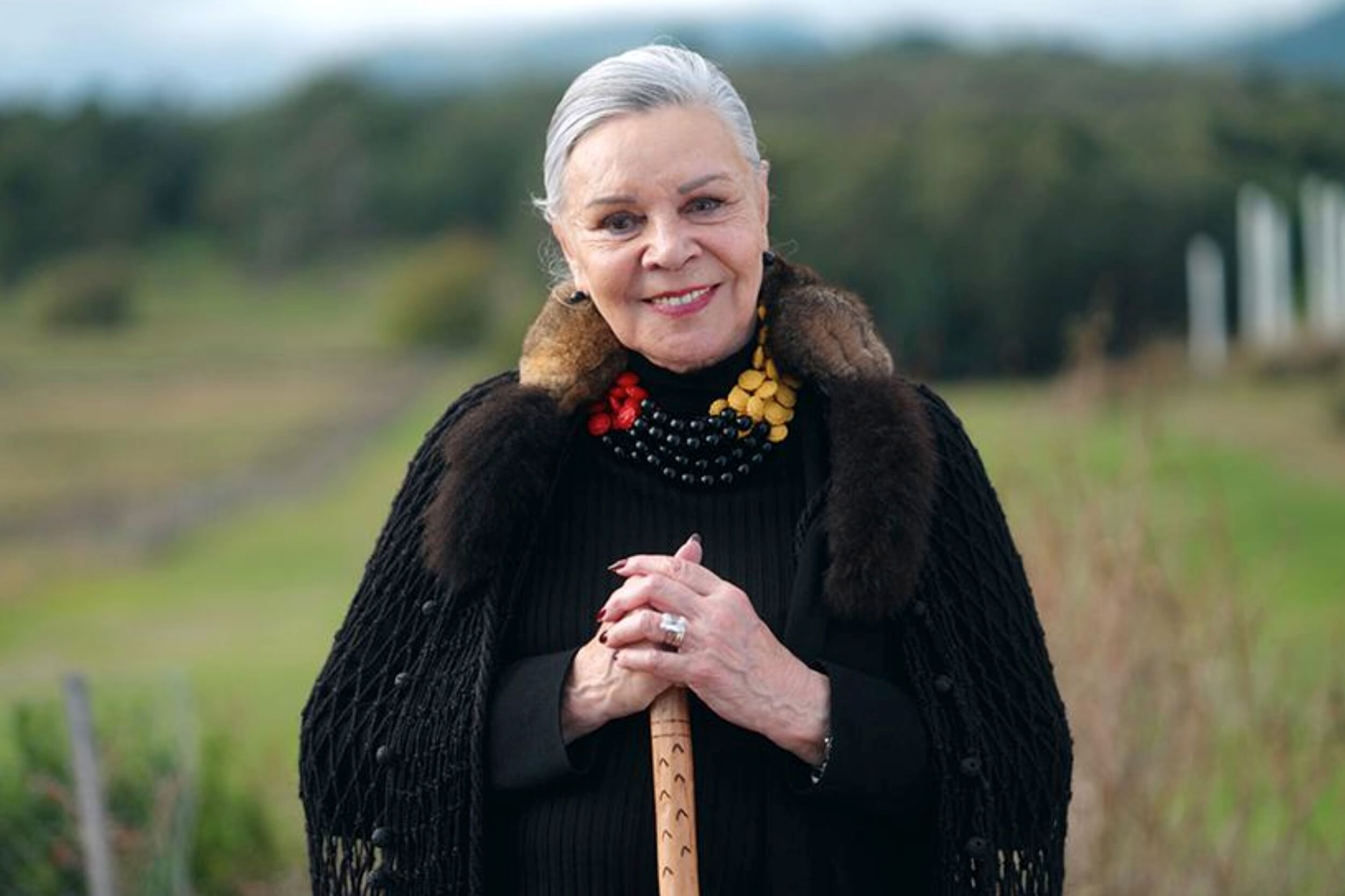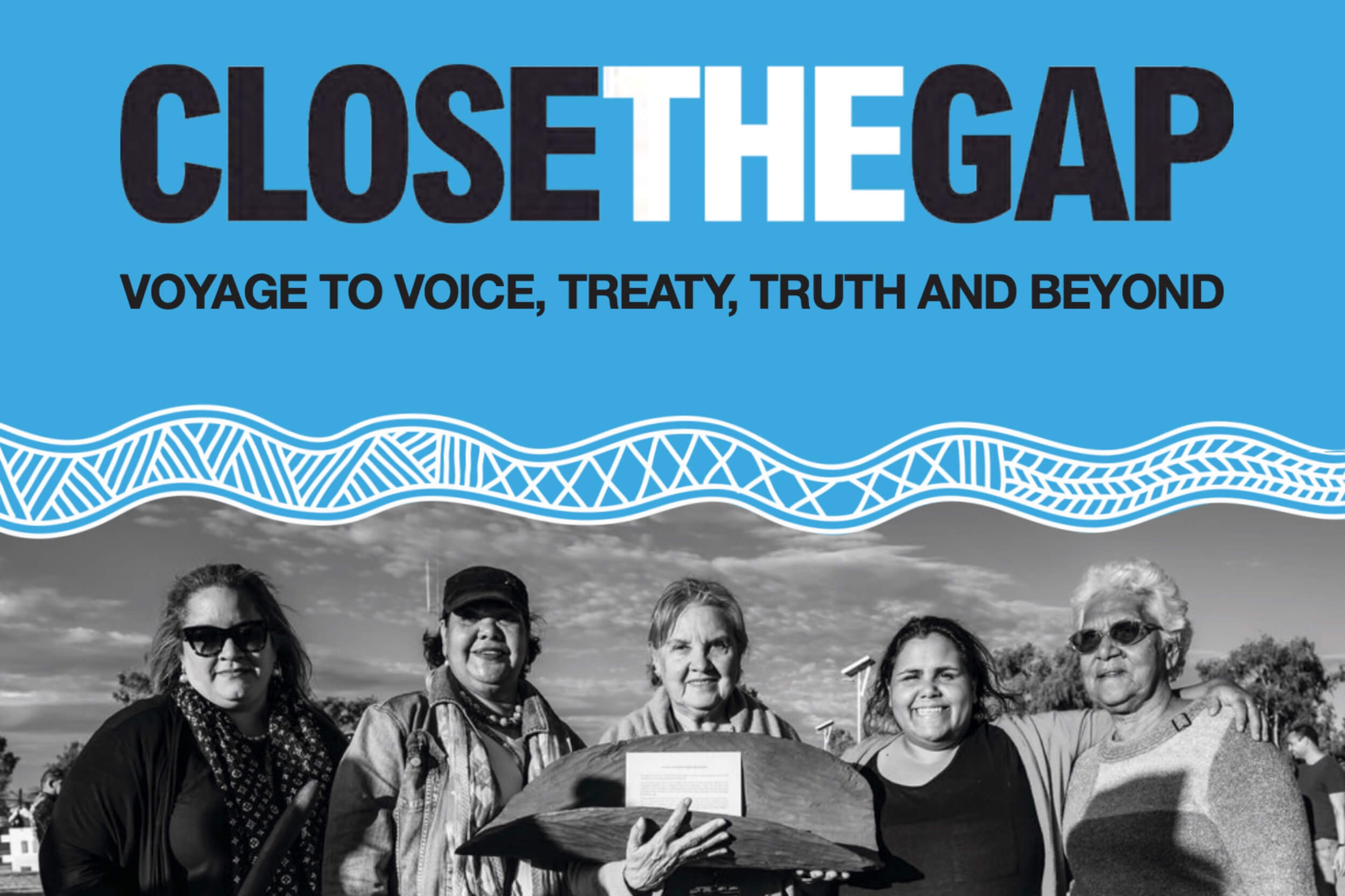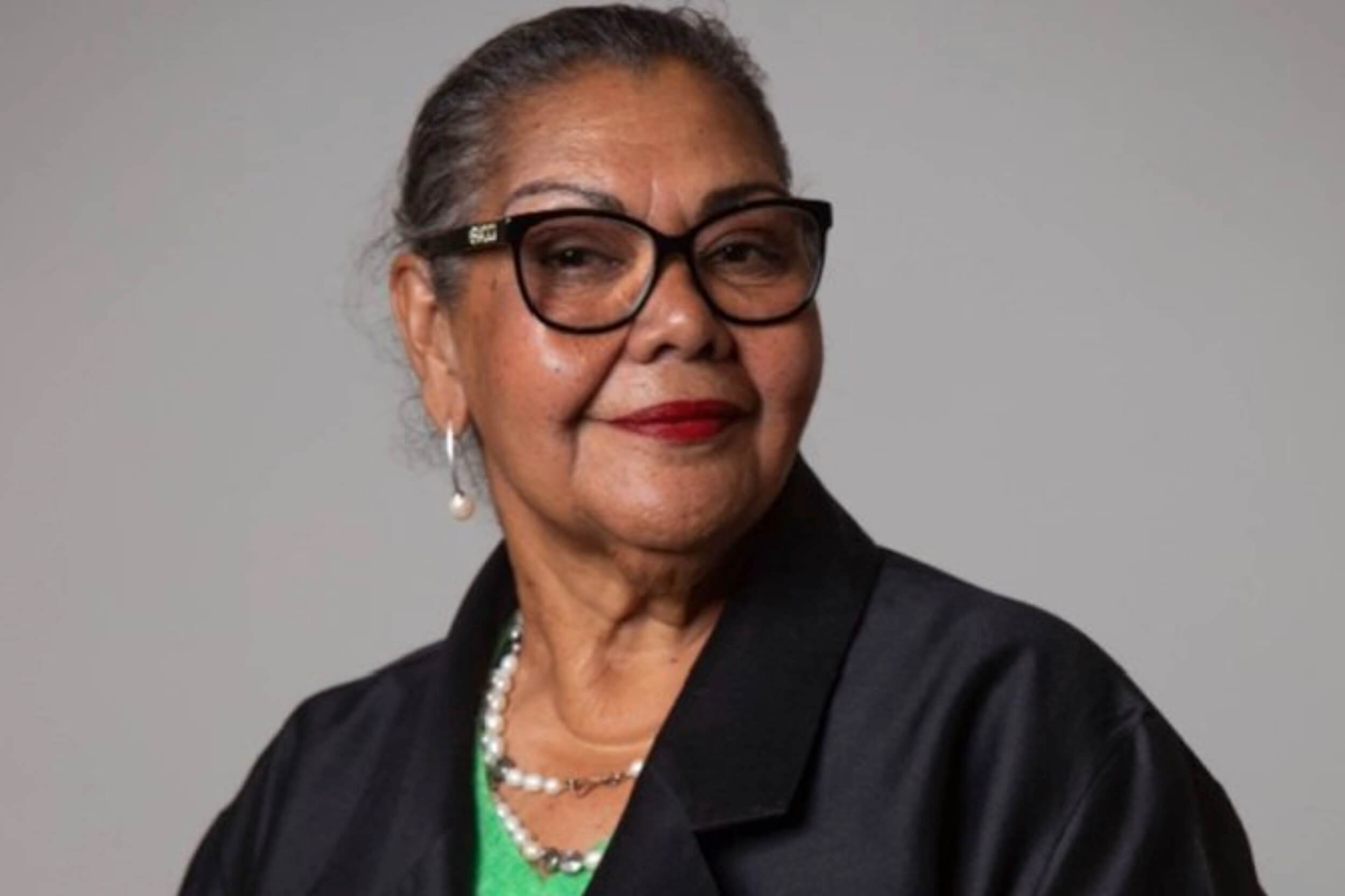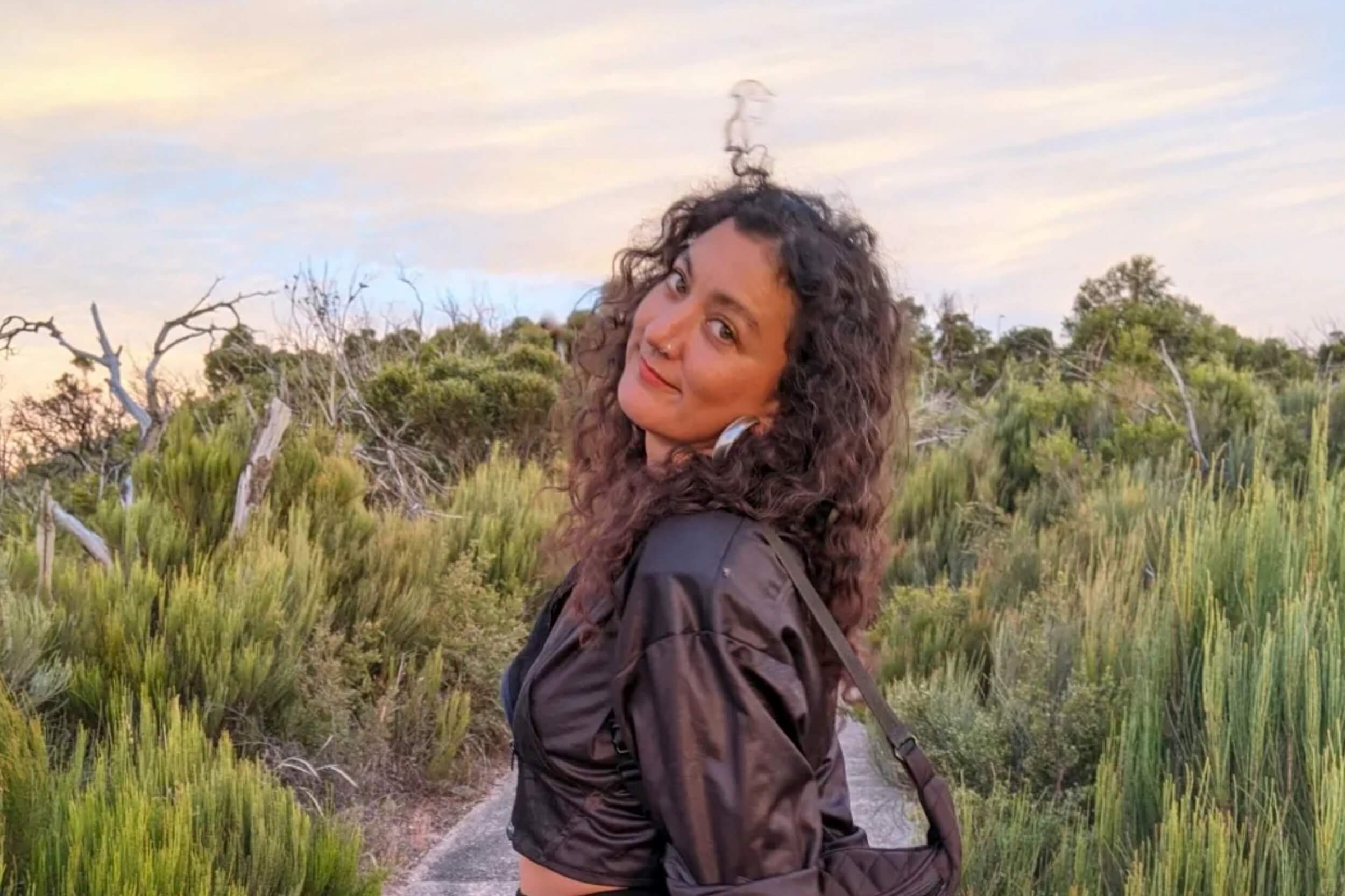The Close the Gap Campaign has released its 15th Annual Report, Voyage to Voice, Treaty, Truth and Beyond.
Included in the report are nine case studies that highlight the work of outstanding leaders and organisations in communities who share their journeys and successes in closing the gap.
The report’s subthemes: Progressing Voice, Treaty, Truth; Leadership and Governance; and Building our Economies, affirm the centrality of self-determination in the pursuit of Aboriginal and Torres Strait Islander recognition, rights, justice, and equity.
In recognition of the immense work undertaken to progress the Uluru Statement, the Report maintains a strengths-based approach that centres First Nations voices, leadership and innovation.
Social Justice Commissioner, June Oscar said: “The report provides insight into how First Nations leaders see and understand their roles and responsibilities, both to themselves and their communities. It also clearly demonstrates that Aboriginal and Torres Strait Islander people know what is required to create meaningful change.”
The Report showcases Blak excellence, highlights the work of Professor Daryle Rigney and the importance of sovereign self-determination in addressing the inequities that Aboriginal and Torres Strait Islander peoples experience, and the recommendations provide a clear pathway for the priorities of the National Agreement on Closing the Gap to be achieved.
Given the past year and the defeat of the referendum, having First Nations peoples in the room making decisions is more important than ever.
Campaign Co-Chair, Karl Briscoe said: “Aboriginal and Torres Strait Islander peoples need representation at the highest levels of government. They need genuine shared agreement making, bipartisanship, unity, and a shared collective vision, driven by Aboriginal and Torres Strait Islander perspectives and knowledges, to address the gaps in Aboriginal and Torres Strait Islander people’s life outcomes. Because we know this is how we close the gap.”
It is because of this, – although constitutional recognition of Aboriginal and Torres Strait Islander peoples and a constitutionally enshrined voice was defeated – we remain committed to the underlying principles of the Uluru Statement.
Aboriginal and Torres Strait Islander leaders and allies advanced a national movement to progress the Uluru Statement and Voice, Treaty, Truth.
According to the Campaign: “Our Report is a testimony to both the work undertaken to build this movement and an acknowledgement of the years First Nations peoples have spent building systems to create transformative change.”


